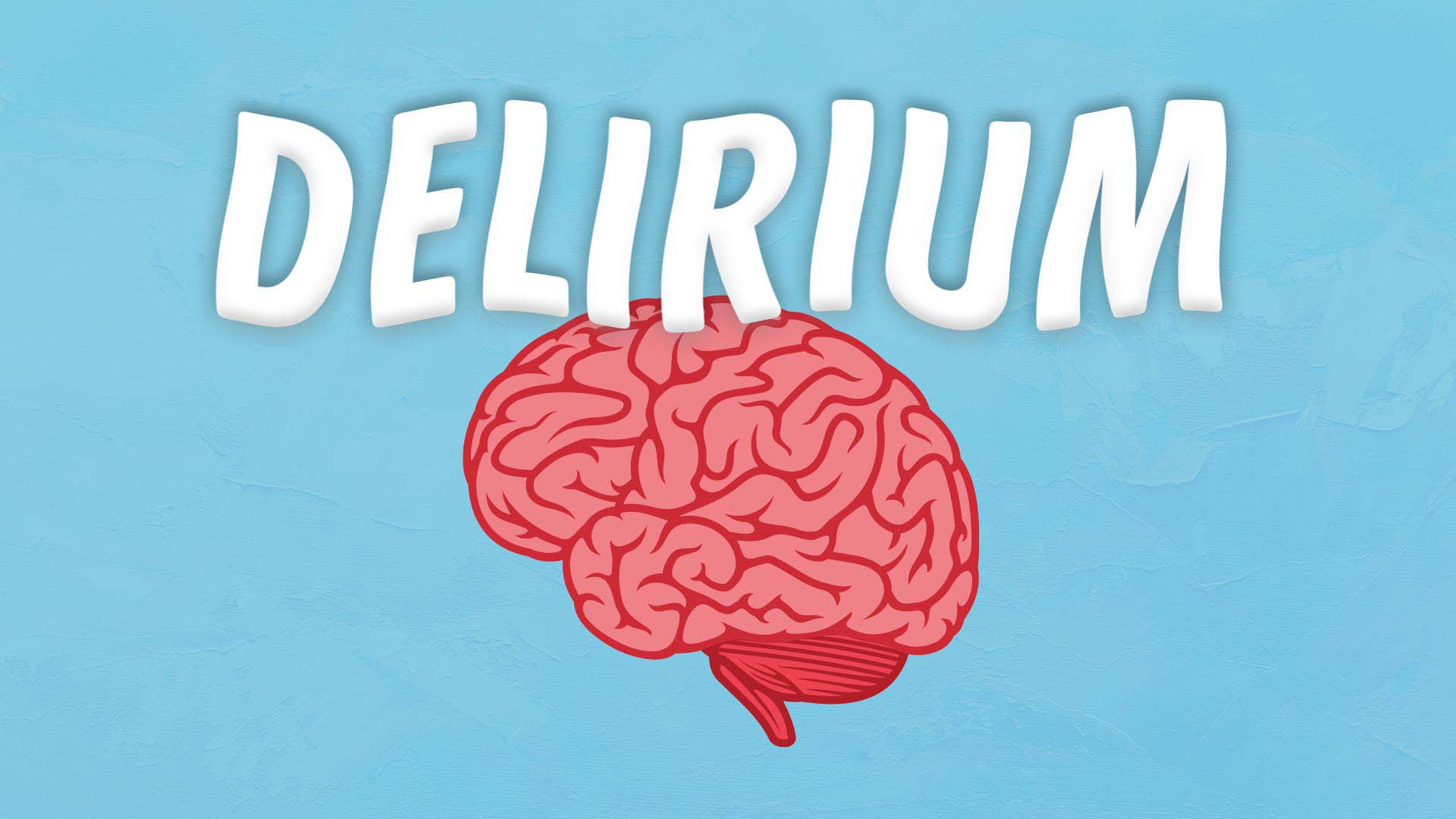
Delirium Ausmed Course 0.5 CPD Hours
The health care provider may order blood, urine and other tests. Brain-imaging tests may be used when a diagnosis can't be made with other information. The first goal of delirium treatment is to address any causes or triggers. That may include stopping certain medicines, treating an infection or treating an imbalance in the body.
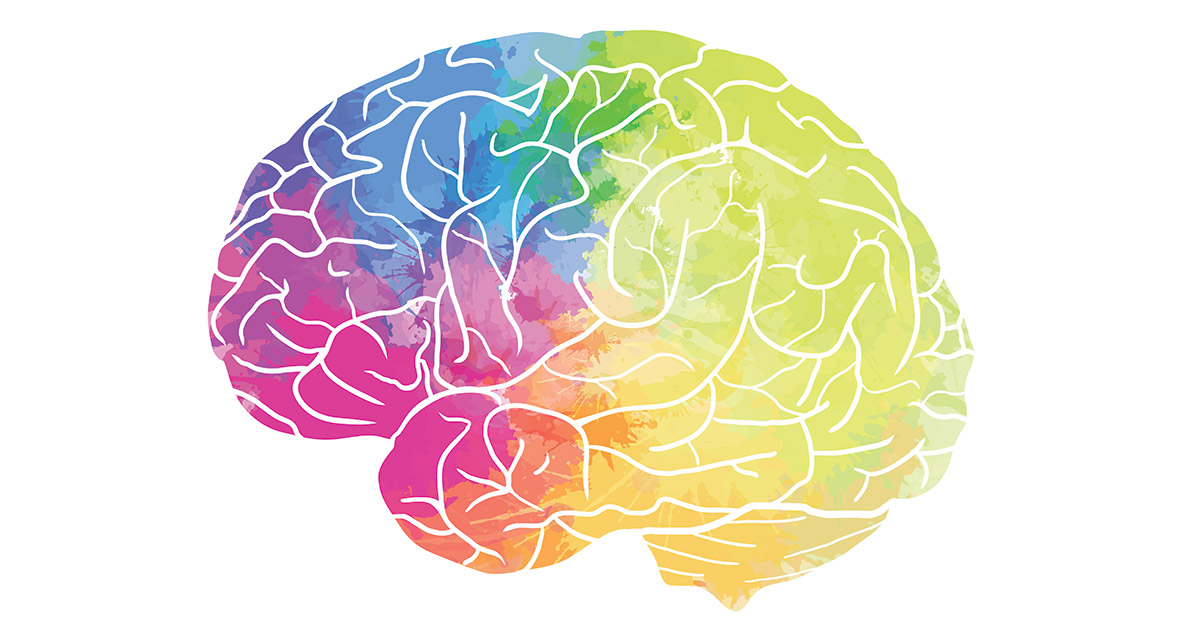
Delirium Sunnybrook Hospital
Abstract. Delirium is highly prevalent and leads to several bad outcomes for older long-term care (LTC) residents. For a more successful translation of delirium knowledge, Clinical Practice Guidelines (CPGs) tailored to LTC should be developed and applied based on the understanding of the barriers to implementation.

PPT Developing and Implementing “Delirium Care Pathways” PowerPoint Presentation ID5472332
Nurses play a pivotal role in the maintain of patients with confusion and altered mentally status, and their nursing care set should be individualized to the patient's demand and circumstances. Which plan should include strategies since assessing and check the patient's mental position, providing a unhurt and supportive environment, managing any behavioral disturbances, furthermore.

Delirium Medicine
Delirium NCLEX Review and Nursing Care Plans. Delirium is best described as a disturbance which results to cognitive deficits, attentional deficits, disturbance in circadian rhythm, emotional disturbance, and altered psychomotor functions. The full pathogenesis of this medical condition is unknown; however, it is believed that delirium occurs.

Delirium Nursing Diagnosis and Nursing Care Plan
Delirium is a medical emergency. To intervene appropriately and prevent complications, nurses must know delirium risk factors, fre-quently assess patients for signs and symptoms of delirium, and advocate for treatment to improve patient-care outcomes and quality of life. REFERENCES 1. American Psychiatric Association. Diagnostic

The delirium care pathway (DCP) flow diagram. See text for description... Download Scientific
Delirium is defined as an acute, fluctuating syndrome of altered attention, awareness, and cognition. It is common in older persons in the hospital and long-term care facilities and may indicate a.
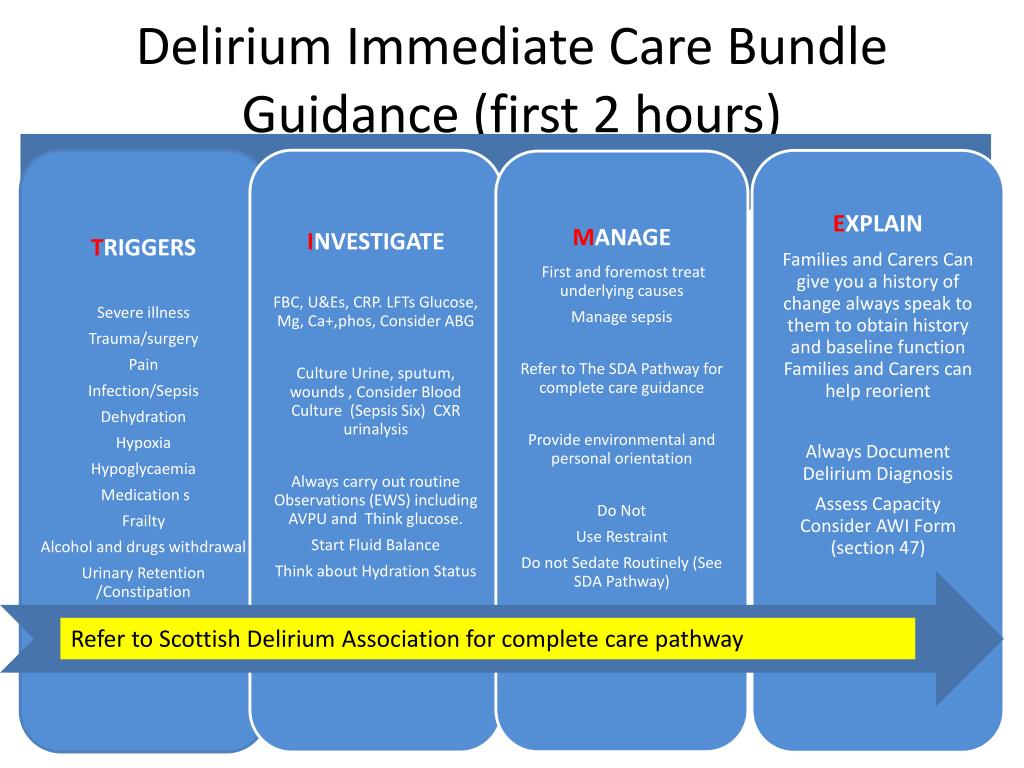
PPT Delirium Patient Story PowerPoint Presentation, free download ID1895047
Delirium is a common and serious condition that affects hospital and long-term care patients, especially the elderly. This book provides comprehensive and evidence-based guidance on how to prevent, diagnose and manage delirium in various settings. Learn about the causes, risk factors, assessment tools, pharmacological and non-pharmacological interventions, such as light therapy, for delirium.

Basic Model of Delirium (Well not so basic) Critical care nursing, Critical illness, Critical care
Delirium Prevention and Management Care Plan Guidance based on NICE Clinical Guideline 103 . Patient name: _____ Unit no: _____ Severe illness . For each individual patient, the clinical factors contributing to the risk of, or the episode of, delirium will vary. The same clinical factors act as risk factors which you can act on to prevent an.
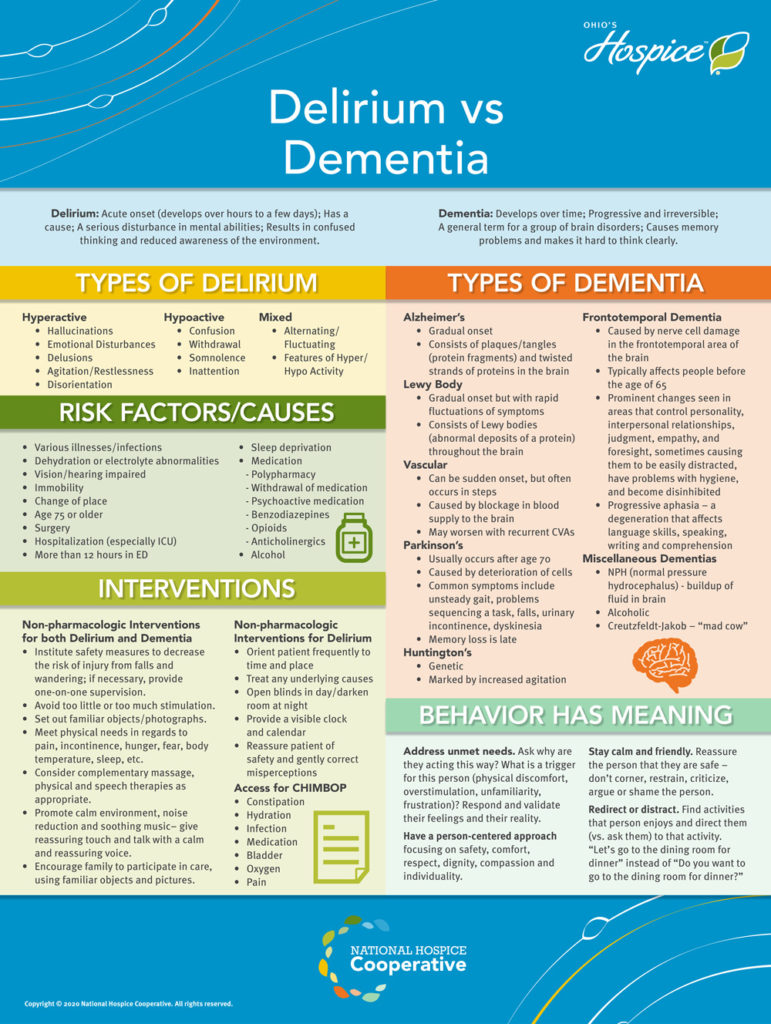
Delirium vs Dementia National Hospice Cooperative
This allows the health care provider to monitor the patient, begin treatment of the underlying problem, and develop a long-term care plan with the patient and/or family. Supportive care — The goal of supportive care is to maintain the patient's health, prevent additional complications, and avoid those factors that can aggravate delirium. This.
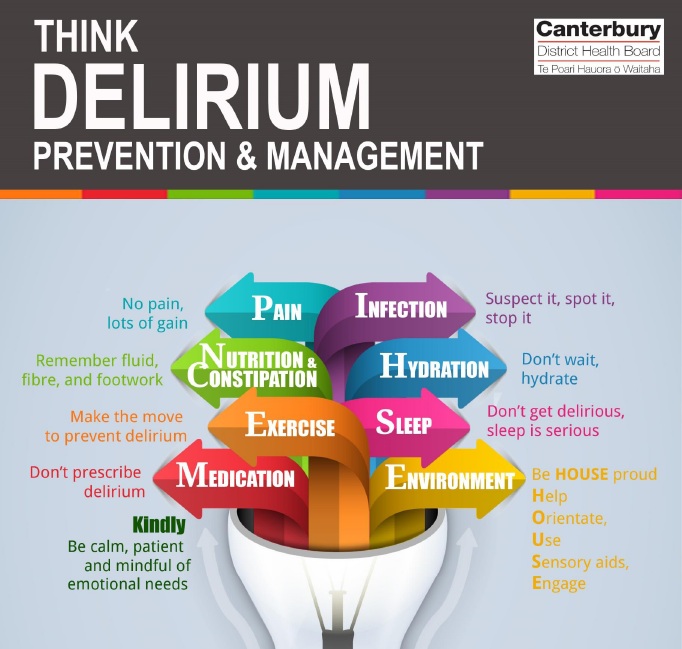
Delirium Nursing Strategies
A quick guide for care home managers. Think delirium! Delirium is a sudden change in a person's mental state. It is a serious condition that is sometimes mistaken for dementia or, more rarely, depression.. Assess and plan. Factors that make delirium more likely are listed below, with steps to help reduce the risk. Cognitive impairment or.
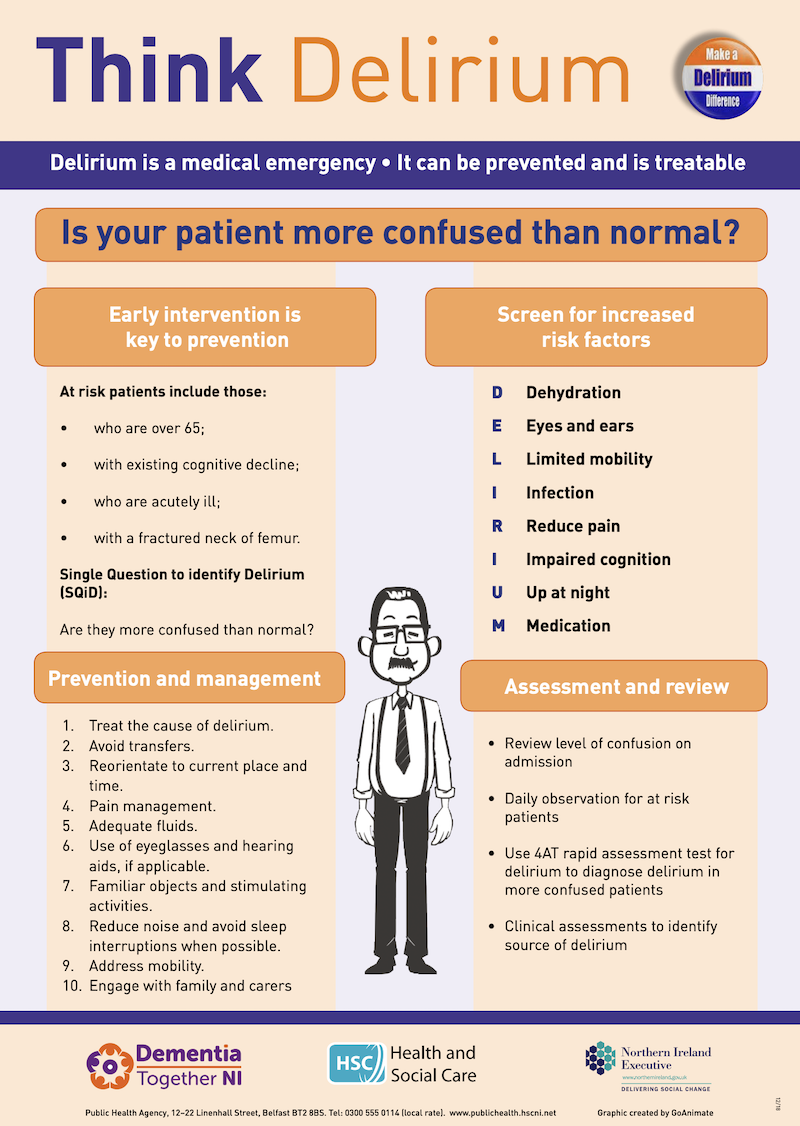
Delirium Nursing Diagnosis and Care Management Nurseslabs
Critical Care Medicine, 41(1), 263-306. Doi: 10.1097/CCM.0b013e3182783b72. The article updates and includes evidence-based guidelines and recommendations for healthcare professionals for the prevention and management of delirium in the critical care setting. This was done by an interdisciplinary task force of twenty individuals over a six year.
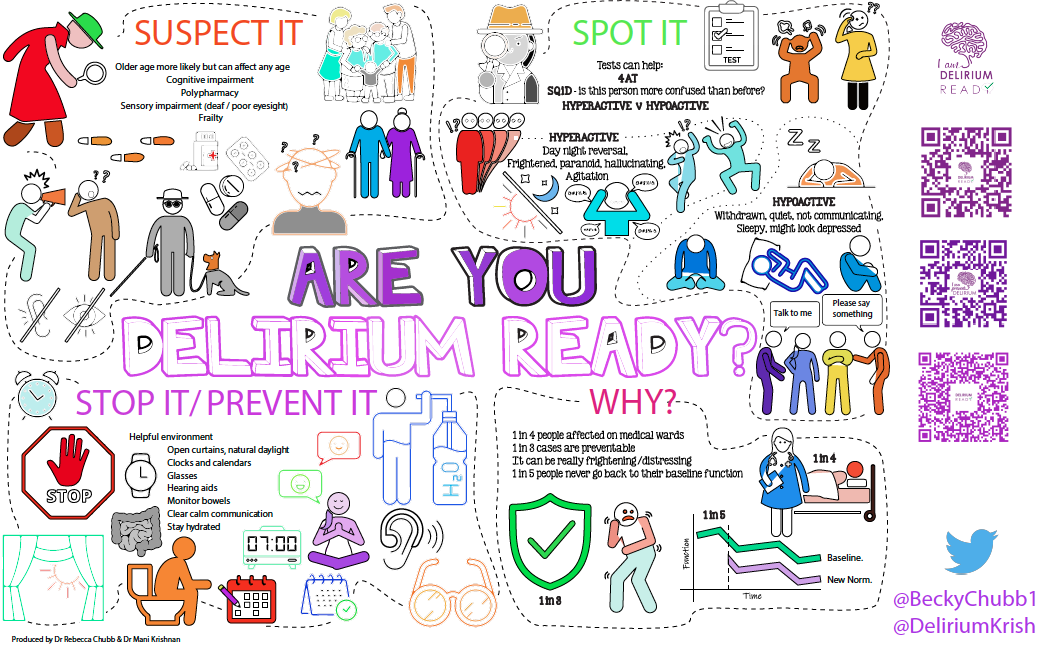
Delirium Resources
Supportive care. Care for older people with delirium involves special hospital care with careful attention to medical, environmental, and social situations. People with delirium are particularly vulnerable to medical complications such as falls, dehydration or malnutrition, pressure ulcers, joint stiffness, constipation, or wetting the bed.

The Difference Between Delirium and Dementia
Delirium Nursing Diagnosis & Care Plan. Delirium is an acute disturbance of mental status and cognition with an acute onset of hours or days. It is often related to dehydration, infection, medications, alcohol withdrawal, dementia, organ failure, severe pain, or the dying process. Hyperactive. Patients are often restless, anxious, have rapid.

Medsurg Care Plan Nursing Care of the Adult Clinical NURSING PROCESS CARE PLAN Student Kayla
Introduction to Nursing Care Plan for Delirium. Delirium is a common, serious and challenging condition seen in hospital settings. It is an acute brain disorder characterized by a range of symptoms including confusion, disorientation, attention deficits, delusions and hallucinations.

We've made a study guide for Delirium! Check it out Medical Student, Nursing Student Tips
Delirium, also known as an acute confessional state, is a clinical syndrome that usually develops in the elderly. It is characterized by an alteration of attention, consciousness, and cognition, with a reduced ability to focus, sustain or shift attention. It develops over a short period of time and fluctuates during the day. The clinical presentation can vary, usually demonstrating psychomotor.

Exploring how registered nurses assess and identify delirium in older persons in the hospital
Delirium is an acute disturbance of mental status and cognition with and acute onset of hours or days. It is often related up dehydration, infection, medications… Delirium be an acute disrupt of mental level and cognition with an urgent onset of clock or life.